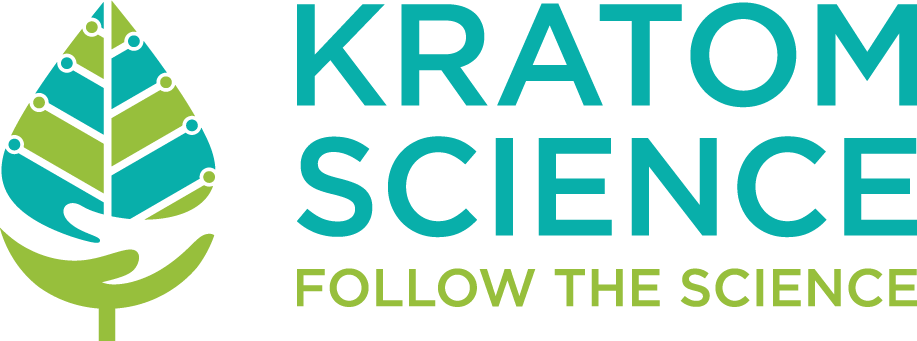The Czech Republic faced a unique challenge: minors were consuming kratom purchased from vending machines. Instead of banning kratom, the national drug policy coordinator, Jindrich Voboril, advocated for regulation. In May 2024, the Czech House approved a new policy to manage kratom and other lower-risk substances like CBD and HHC. This policy introduces a new category for psychoactive substances that are neither dietary supplements nor pharmaceutical drugs. It also prohibits the sale of kratom and similar substances to minors and through vending machines.
Before the policy’s passage, Voboril engaged with political party representatives and government officials to discuss the regulation of psychomodular substances. Kratom imports into the Czech Republic have surged, from 31 tons in 2021 to 192 tons in 2023, with around 300,000 Czechs consuming kratom out of a population of 10.7 million.
The psychomodular substances policy is currently under review by the European Commission, the EU’s executive branch responsible for policy. Following this, it will proceed to the Czech Senate and then to President Petr Pavel for approval.
Jindřich Vobořil has been a transformative figure in the realm of drug policy in the Czech Republic. His work has not only shaped national policies but has also influenced broader discussions on drug regulation across Europe.
One of Vobořil’s most notable achievements is the development of an integrated drug policy. Recognizing the interconnected nature of substance use, he advocated for a unified approach that encompasses both legal and illegal substances, as well as gambling. This comprehensive framework aims to address addiction in a holistic manner, ensuring that policies are consistent and effective across different types of substances.
Decriminalization and Harm Reduction
Vobořil has been a staunch advocate for decriminalizing the possession of small quantities of drugs. His efforts have shifted the focus from punitive measures to harm reduction and public health. By prioritizing treatment and support over criminal penalties, Vobořil’s policies have helped reduce the stigma associated with drug use and have promoted safer practices among users.
Cannabis Regulation
Under Vobořil’s guidance, the Czech Republic has made significant strides in cannabis regulation. He played a key role in drafting new laws that regulate the cannabis market, including raising the THC threshold for industrial hemp. Additionally, he proposed a bill to establish a regulated market for psychoactive cannabis, aiming to control its distribution and ensure consumer safety.
Regulation of Psychomodular Substances
In recent years, Vobořil has focused on the regulation of psychomodular substances, such as kratom. He has pushed for policies that create a new category for these substances, which are neither dietary supplements nor pharmaceutical drugs. His advocacy has led to the implementation of regulations currently being recognized by countries throughout Europe.
A Model for Progressive Drug Policy
Jindřich Vobořil’s work has positioned the Czech Republic as a leader in progressive drug policy. By prioritizing harm reduction, decriminalization, and human rights, he has demonstrated that it is possible to manage drug use effectively without resorting to prohibition. His evidence-based approach serves as a model for other countries, encouraging them to adopt similar strategies that prioritize public health and safety.
As the Czech Republic continues to refine its drug policies, Vobořil’s contributions will undoubtedly remain a cornerstone of the country’s approach to substance use and addiction. His work not only benefits the Czech population but also offers valuable insights for global drug policy reform.
History of Psychoactive Substance Policy in the Czech Republic
After the fall of the Soviet Union, the Czech Republic made significant changes to its drug policy. In 1990, the country decriminalized the possession of small amounts of drugs for personal use, replacing criminal charges with fines. The government prioritized harm reduction strategies, such as providing clean injection equipment and treatment for drug dependence, which helped keep HIV rates low compared to other parts of Europe.
In response to political pressure and media scrutiny, the Czech government reintroduced criminal penalties for minor drug offenses in the late 1990s. However, studies showed that these penalties did not reduce drug use or initiation. Consequently, the Czech Republic removed criminal sanctions for personal possession and use of drugs. The government also differentiated between cannabis and other drugs, imposing lighter penalties for cannabis-related offenses.
In 2001, the government categorized substances based on their social and medical risks, leading to more nuanced and effective drug policies. The Czech Republic remains progressive in its drug policy, using a scientific and evidence-based approach that incorporates harm reduction and decriminalization. The country has a comprehensive addiction policy that does not distinguish between licit and illicit substances, integrating areas such as alcohol, tobacco, gambling, psychoactive medicines, and digital addictions.
Implications for Europe and the World
The Czech Republic’s approach to drug policy, particularly its regulation of kratom and other psychomodular substances, could serve as a model for other countries. By focusing on harm reduction and evidence-based strategies, the Czech Republic demonstrates that it is possible to manage drug use effectively without resorting to prohibition. This approach could influence drug policies across Europe and potentially worldwide, encouraging other nations to adopt similar strategies that prioritize public health and safety over punitive measures.



